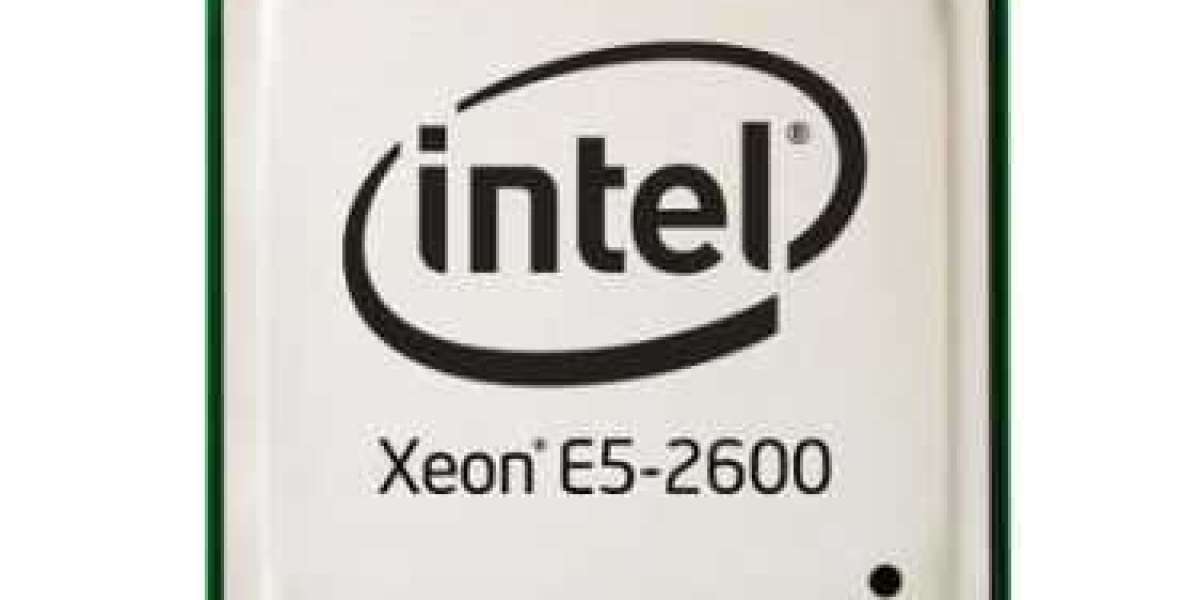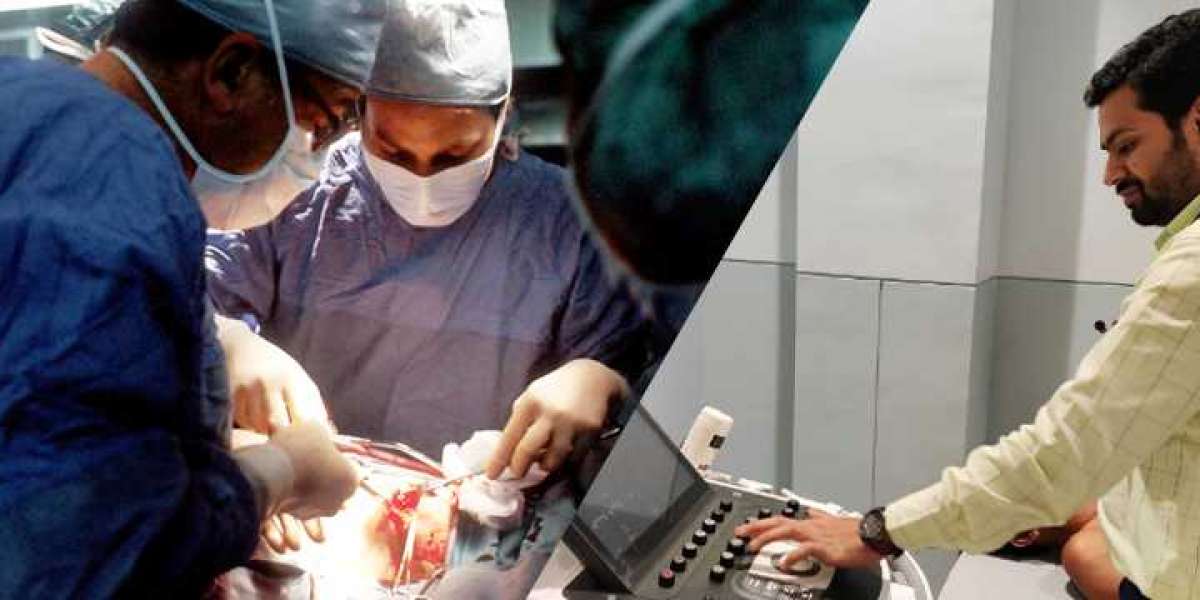When it comes to building or upgrading a computer, one of the first things to understand is the role of various computer parts. Each part plays a crucial role in ensuring that your PC runs smoothly and efficiently. In this blog, we'll break down the essential computer components and focus on how to choose the best processor for your PC, which is one of the most important parts.
Essential Computer Parts Explained
Here’s a quick overview of the key computer parts that make up a functioning system:
Motherboard: The motherboard is the backbone of the computer, connecting all other components. Every part, from the CPU to the RAM and storage, is connected to the motherboard, which allows them to communicate with one another.
Processor (CPU): The Central Processing Unit (CPU), often referred to simply as the processor, is the brain of the computer. It performs all the calculations and instructions that allow programs to run. Choosing the best processor for your PC is vital for performance, whether you use your PC for gaming, video editing, or general use.
Memory (RAM): RAM, or Random Access Memory, temporarily stores data that your computer needs to access quickly. The more RAM your system has, the better it can handle multiple tasks at once.
Storage (HDD/SSD): This is where your data is stored permanently. A traditional Hard Disk Drive (HDD) provides more space at a lower cost, but Solid State Drives (SSD) are faster and can significantly improve the performance of your system.
Graphics Card (GPU): The Graphics Processing Unit (GPU) handles rendering images, videos, and animations. For gamers and video editors, a powerful GPU is essential.
Power Supply (PSU): The power supply provides the necessary power to all components in your system. It’s important to choose a PSU that can handle the power needs of all your computer parts.
Case: The case houses all of the components. It doesn’t affect performance directly, but it plays a role in cooling and protecting the internal parts.
Cooling System: To prevent the computer from overheating, proper cooling is required. Cooling systems include fans, heat sinks, and liquid coolers.
Now that we have an idea of the major computer parts, let's dive deeper into one of the most critical components — the processor.
Choosing the Best Processor for Your PC
The processor is often considered the heart of any computer system. It handles everything from basic tasks like browsing the internet to more intensive operations like gaming and video editing. So, choosing the best processor for your PC can dramatically impact how fast and smoothly your computer runs.
Here are a few things to consider when selecting the best processor:
Intel vs. AMD: The two biggest players in the CPU market are Intel and AMD. Intel is known for its strong single-core performance, making it ideal for tasks that rely on fewer, but more powerful cores, such as gaming. AMD processors, especially their Ryzen line, have been praised for offering great multi-core performance at competitive prices, which is ideal for multitasking and video editing.
Core Count and Thread Count: Modern processors come with multiple cores, and each core can handle its own tasks. The higher the core count, the better your computer can multitask. For general tasks, a quad-core processor (4 cores) might be sufficient, but for gaming, video editing, or 3D rendering, you may want to consider a processor with 6 or more cores.
Clock Speed: Clock speed, measured in gigahertz (GHz), tells you how fast a processor can execute instructions. A higher clock speed means better performance, especially in applications that rely on fewer cores. For most users, a processor with a clock speed of 3.5 GHz or higher should be sufficient.
Overclocking: Some processors allow you to increase their clock speed beyond the stock settings to get extra performance, a process called overclocking. However, overclocking requires a good cooling system to avoid overheating.
Budget: Processors come in a wide range of prices, and it’s important to balance your budget with your performance needs. If you need a processor for basic tasks like browsing and word processing, an entry-level CPU like the Intel Core i3 or AMD Ryzen 3 will suffice. For gaming or more demanding tasks, consider investing in a mid-range or high-end processor like the Intel Core i5/i7 or AMD Ryzen 5/7.
Integrated Graphics vs. Dedicated Graphics: Some processors come with integrated graphics, which means they can handle basic graphics tasks without the need for a separate GPU. However, if you're a gamer or video editor, you’ll likely want a dedicated graphics card for better performance.
Conclusion: Choosing the Best Processor and Assembling Your Computer
Building a PC can seem intimidating at first, but understanding the basic computer parts and how they work together makes the process much simpler. The processor is one of the most crucial components of any computer, and choosing the best processor for your PC depends on what you plan to use your system for.
If you're building a gaming rig or need a powerful system for video editing or 3D rendering, you'll want a CPU with multiple cores, a high clock speed, and good overclocking potential. On the other hand, if you just need a computer for everyday tasks, you can save money by opting for an entry-level processor.
By carefully selecting the right computer parts, including the best processor for your needs, you can build a system that meets your performance requirements while staying within your budget.







